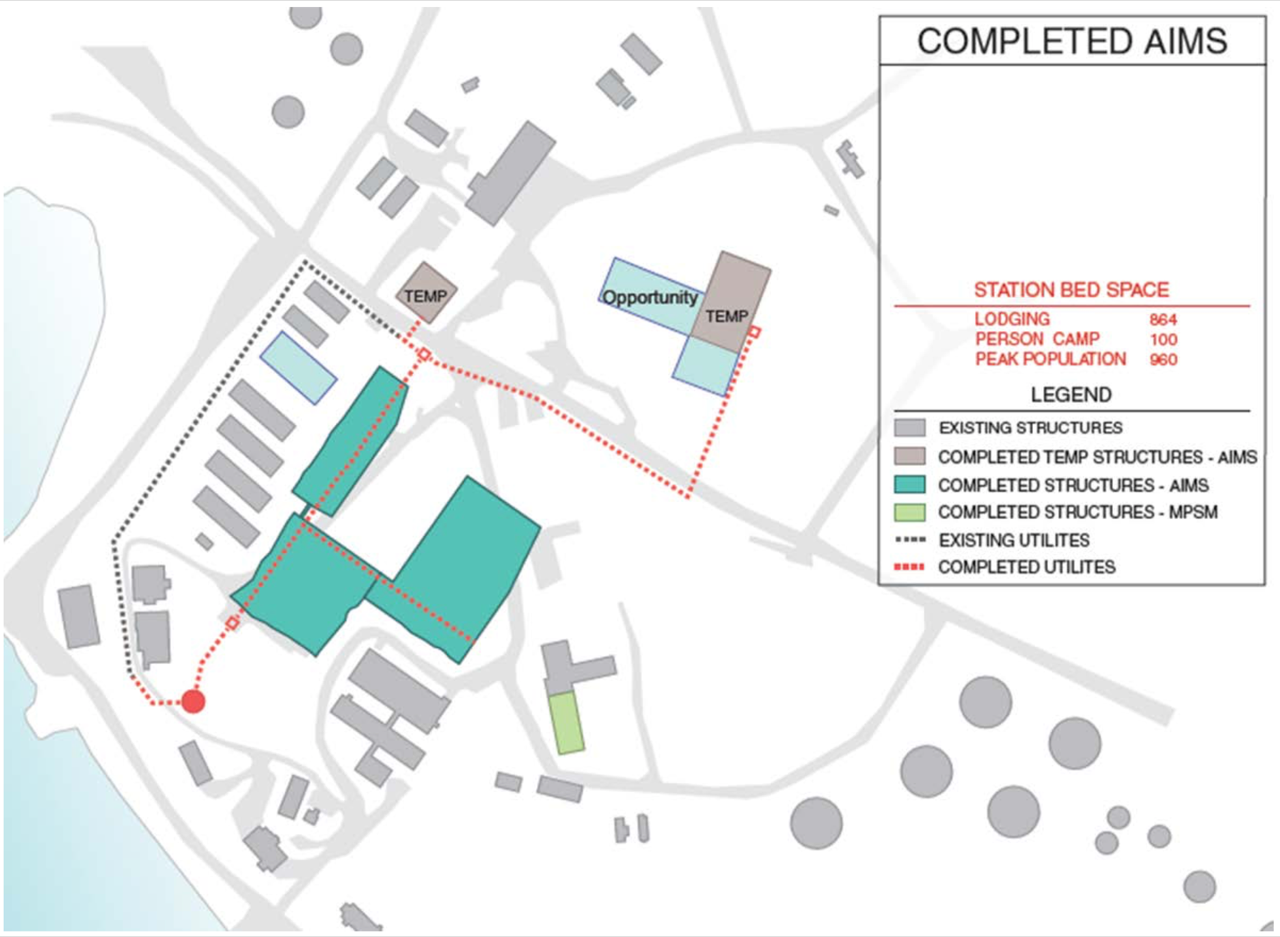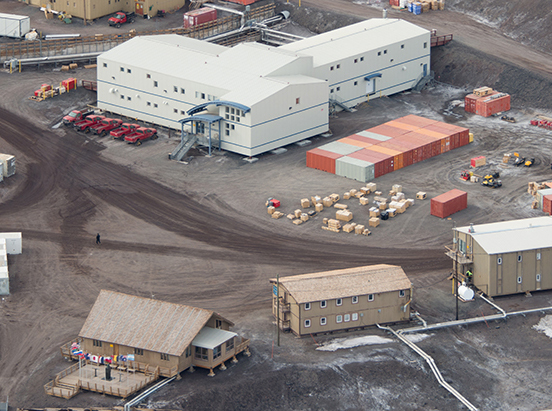AIMS Passes Major Milestones
Completion of the Preliminary Design Review (PDR) and Briefs to the Major Research Equipment and Facilities Construction (MREFC) Panel
May 4, 2017
The AIMS Project recently completed the Preliminary Design Review stage, a major milestone in the development of new facilities and infrastructure for McMurdo Station. Additionally, in late March NSF briefed the project to the MREFC Panel. These are two major milestones in the competition for MREFC funding which is designated for just such a project. The next step is a project briefing to the National Science Board (NSB) in early May.
Thank You for Contributing to the Success of the AIMS Project
Special Post from Ben Roth, AIA, NSF AIMS Project Manager/Facilities, Engineering Projects Manager
Feb 7, 2017
The National Science Foundation (NSF) and the Antarctic Infrastructure Modernization for Science (AIMS) project team would like to thank everyone who has contributed to the development of the AIMS project to date. During the last three years, many USAP participants and stakeholders identified critical requirements that were folded in the design of the Core Facility. With such active participation in the design workshops, design reviews, and design review meetings, the project is now better informed and has resulted in a great design.
Information Technology and Communications "Charrette" Sets New Facilities Standards
Comprehensive, Two-Day Planning Session Aims to Consolidate Information Technology Functions
Aug 16, 2016
This spring, participants in a design charrette--a comprehensive, two-day planning session--focused on an important component of the redesigned McMurdo Station: the Information Technology (IT) and Communications Primary Operations Facility. This building will house the station's primary data center, a back-up emergency operations and communications center, a back-up command-and-control, center as well as field communications and other IT support. These functions are currently spread out in different locations across the station. By integrating them and locating them in one place, Future USAP aims to increase efficiency and convenience while improving safety and reliability.




